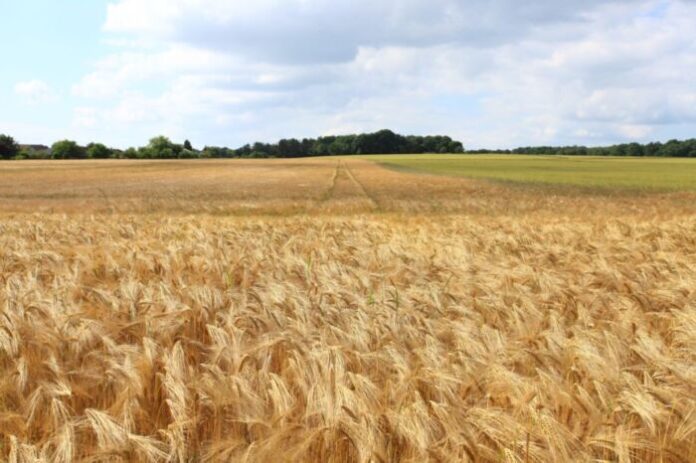
Crop and livestock production is projected to decrease and may even have to be abandoned in parts of Europe’s southern and Mediterranean regions due to the increased negative impacts of climate change, according to a European Environment Agency (EEA) report. The study says that adapting to climate change must be made a top priority for the European Union’s agriculture sector if it is to improve resilience to extreme events like droughts, heatwaves and floods.
“New records are being set around the world due to climate change, and the adverse effects of this change are already affecting agricultural production in Europe, especially in the south – says Hans Bruyninckx, EEA Executive Director – Despite some progress, much more must be done to adapt by the sector itself, and especially at farm-level, and future EU policies need to be designed in a way to facilitate and accelerate transition in this sector”.
Climate impacts have led to poorer harvests and higher production costs, affecting price, quantity and the quality of farmed products in parts of Europe. While climate change is projected to improve conditions for growing crops in parts of northern Europe, the opposite is true for crop productivity in southern Europe. According to projections using a high-end emission scenario, yields of non-irrigated crops like wheat, corn and sugar beet are projected to decrease in southern Europe by up to 50 % by 2050. This could result in a substantial drop in farm income by 2050, with large regional variations.
The agricultural sector also has a crucial role to play in reducing its greenhouse gas emissions. Agriculture accounts for around 10 % of all greenhouse gases in the EU. Methane (CH4) emissions from enteric fermentation make up the largest share and ammonia (NH3) and primary particulate matter (PM10) are the two most important air pollutants from agriculture. While greenhouse gas emissions from agriculture have decreased since 1990, more will need to be done by the sector to contribute to reaching EU greenhouse gas emission reduction targets by 2030 and 2050.
To reduce greenhouse gas and air pollutant emissions, Europe needs to reshape its food system and reduce agricultural emissions from fertilisers, manure storage and livestock. This can be achieved through improvements in fertiliser use, in manure handling efficiencies and in animal productivity through breeding for example. Consumer behaviour will also need to change. Changing diets, like eating less meat and reducing food waste would contribute to additional reductions.
The EU’s adaptation strategy is a key driver of adaptation actions in Europe. One of its objectives is to mainstream adaptation in various EU policies, including the Common Agricultural Policy (CAP). However, adaptation at the farm level often does not take place because of lack of financing, policy support to adapt, institutional capacity and access to adaptation know-how. The EEA report stresses that more knowledge, innovation and awareness raising are required to improve the effective use of the already available adaptation measures, like introducing adapted crops, improved irrigation techniques, field margins and agroforestry, crop diversification or precision farming.



































